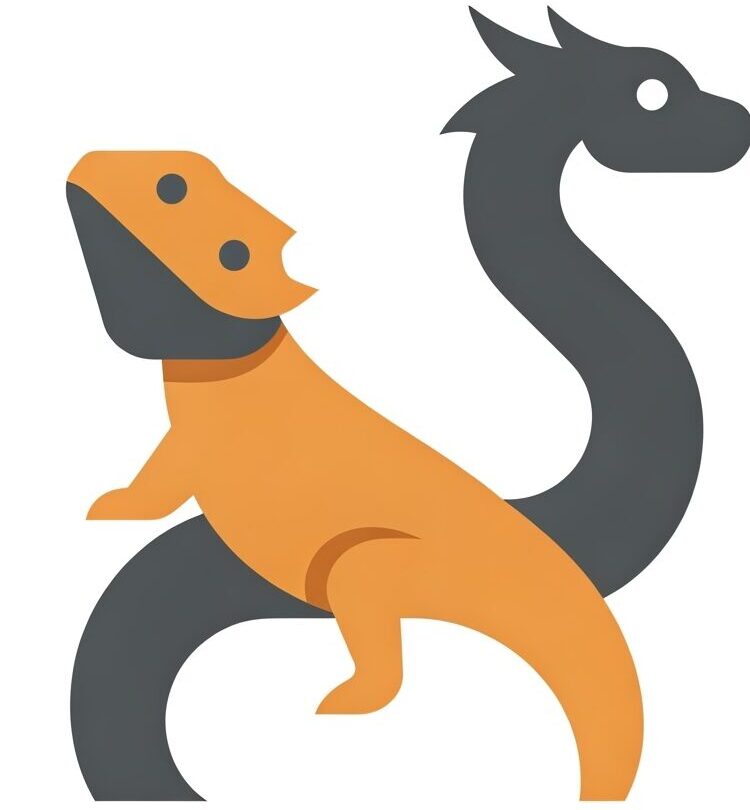Can Bearded Dragons Safely Eat Bell Peppers? A Complete Guide
Bearded dragons require a carefully balanced diet to thrive in captivity. This article explores whether bell peppers can be a part of that diet, and how to safely offer them to your scaly friend.
The Short Answer (Is Bell Peppers Safe?)
Yes, bell peppers can be a safe and nutritious addition to a bearded dragon’s diet in moderation. They offer beneficial vitamins and hydration but shouldn’t be a staple food item.
Nutritional Value / Potential Risks
Bell peppers are a decent source of Vitamin C and Vitamin A, essential for immune function and healthy skin. They also contain some fiber and water, which aids in digestion and hydration. Specifically:
- Vitamin C: Boosts the immune system.
- Vitamin A: Important for vision and skin health.
- Fiber: Helps with digestive regularity.
- Water: Contributes to overall hydration.
However, bell peppers have a slightly higher sugar content than some other vegetables. While not drastically high, consistently feeding large amounts of sugary vegetables can potentially lead to weight gain or digestive upset in bearded dragons. The calcium to phosphorus ratio is also not ideal, leaning more towards phosphorus. Overconsumption of foods with a poor calcium-to-phosphorus ratio can, over time, contribute to metabolic bone disease (MBD).
How to Feed
If you choose to offer bell peppers to your bearded dragon, follow these guidelines:
- Preparation: Wash the bell pepper thoroughly to remove any potential pesticides or contaminants. Remove the stem and seeds. Chop the pepper into small, bite-sized pieces that are easy for your dragon to consume.
- Frequency: Offer bell peppers as part of a varied salad mix, no more than once or twice a week.
- Portion Size: A few small pieces are sufficient. Remember, variety is key. Overfeeding any single item is not recommended.
- Color Matters: While all colors of bell peppers are safe, red and orange peppers generally offer a slightly higher nutritional content (more Vitamin A) compared to green peppers.
Important Considerations / Warnings
- Introduce Slowly: When introducing bell peppers (or any new food), start with a very small amount to monitor for any adverse reactions, such as diarrhea or vomiting.
- Variety is Key: Bell peppers should only be a small part of a diverse diet that includes leafy greens, other vegetables, and appropriately sized live insects (for younger dragons).
- Monitor Stool: Observe your dragon’s stool after feeding bell peppers for any signs of digestive upset.
- Consult Your Vet: If you have any concerns about your dragon’s diet or health, consult with a reptile veterinarian.
Conclusion
Bell peppers can be a safe and healthy occasional treat for bearded dragons when prepared and offered appropriately. Remember to prioritize a balanced and varied diet consisting primarily of leafy greens and insects to ensure your bearded dragon thrives.
